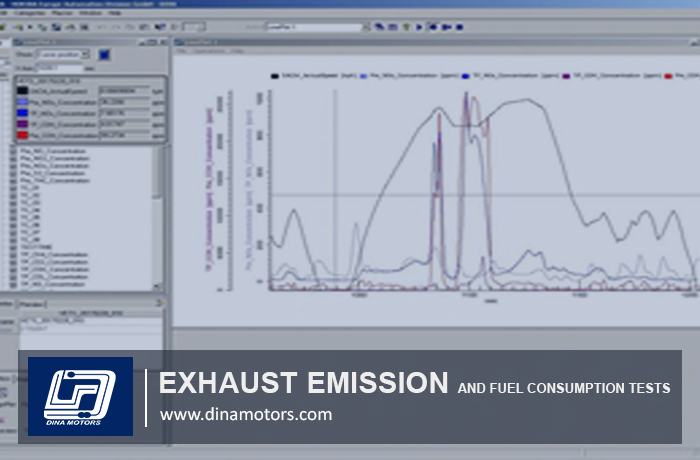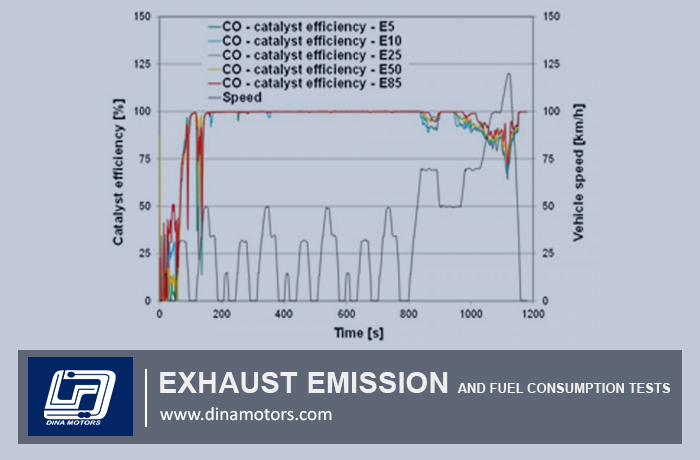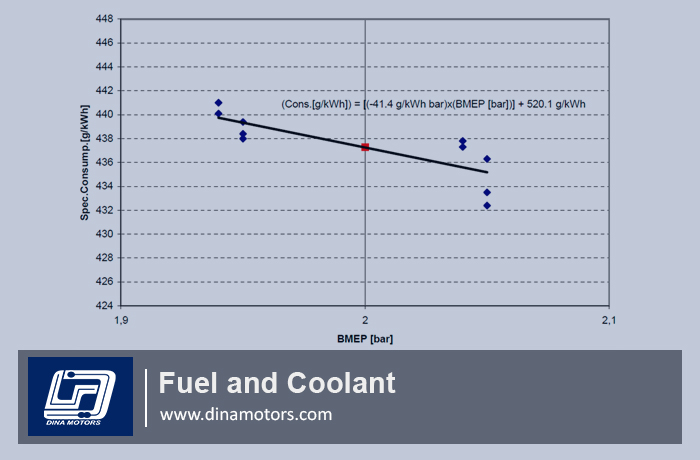
Tests Of Liquid And Gaseous Fuels And Additives For Those Fuels
Determination of the influence of the fuel in use on engine parameters, efficiency, exhaust emissions, injection system functionality, etc. Tests of injector nozzle clogging, comparisons of fuels and additives (for engine clean-up or higher performance) and durability tests are performed. Depending on the test type, suitable specialist apparatus is used; for example, a fuel consumption meter together with a fuel conditioning system, exhaust analyzers or opacimeters. Engine dynos are equipped with lines supplying the engine with liquid and gaseous fuels. When needed, there is the possibility of combining fuels or additives in order to achieve the desired mixture. Analyses of the chemical composition of fuels, fuel mixtures or sediments formed during the fuel combustion process are performed on site, greatly improve the analysis of results and the testing process.
.
Fuel Economy Tests
Fuel economy tests are conducted to determine the specific fuel consumption of an engine fuelled with various fuel types, using high precision measuring equipment monitoring fuel consumption which is integrated into the fuel conditioning system (maintaining the fuel temperature and pressure).
.
Benchmarking Tests
Comparative tests of the “benchmarking” type are conducted on the engine dyno in order to determine the influence fuel and engine oil produced by different manufacturers on engine parameters. During the test, comparative analyses are conducted based on data such as: engine performance, exhaust emissions, fuel consumption, engine subassembly wear and other defined factors. This type of testing allows evaluation of products available on the market and the selection of fuels or engine oils meeting client requirements.
.
Dirty Fuel And Cleanup Additives’ Influence On Injector Clogging/Coking
Tests aim to determine the influence of using “dirty” fuel on the formation of sediments and injector nozzle clogging/coking, as well as evaluation of the usage of cleanup additives. Modern engines are equipped with injection systems which require fuels of the highest quality. Due to that fact, tests are conducted on the engine dyno with the aim of specifying the influence of elements like sodium and potassium on the propensity for sediment formation in the injectors’ nozzles at high temperatures, which results in a deterioration of spray formation, a decrease in engine performance and an increase in fuel consumption. Simultaneously, tests of cleanup additives – which decrease the formation of sediments and restore the original engine parameters – are conducted.
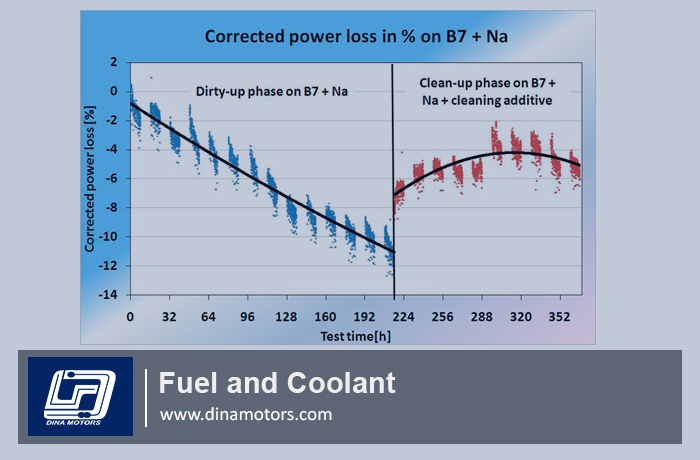
.
Exhaust Emission And Fuel Consumption Tests
Catalytic reactor (TWC, DOC, NSC, SCR) and solid particle filter (DPF, GPF) efficiency tests
Efficiency tests of catalytic exhaust gas aftertreatment purifying systems through measurements with 2 emission measurement lines of undiluted exhaust before and after the given exhaust aftertreatment system.
Examples of exhaust sampling points:
- Engine OUT – engine exhaust manifold, untreated exhaust
- PRE cat – catalytic reactor entrance, unpurified exhaust
- POST cat – catalytic reactor exit, purified exhaust
- PRE DPF – solid particle filter entrance, unpurified or purified exhaust
- POST DPF – solid particle filter exit, purified exhaust
- TAIL PIPE – exhaust system exit, purified exhaust
.
Diluted or undiluted exhaust concentration measurements: CO, CO2, O2, NO, NOx, NO2, THC, CH4
Diluted or undiluted calculations: CO, CO2, O2, NO, NOx, NO2, THC, CH4
